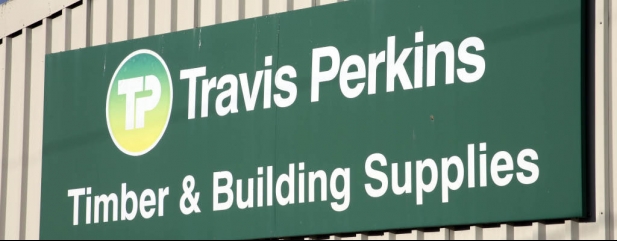Archived article
Please note that tax, investment, pension and ISA rules can change and the information and any views contained in this article may now be inaccurate.
Spiralling housing demand causes price spikes in building materials

The associated impact of the surging housing market is a growing shortage of building products and raw materials, leading to cost inflation.
There is a risk this could undermine the current boom in the home renovation market and hit the housebuilders which are currently riding the wave of positive updates on property prices.
The Nationwide house price index recently registered its biggest jump in May for almost seven years.
Year on year, the Nationwide index posted an increase of 10.9% last month to take the national average house price to a new all-time record of £242,832. On a monthly basis, prices were up 1.8% after a 2.3% rise in April as demand for properties continues to outstrip demand.

While the spike in deals in March was partly driven by the original expiry of the stamp duty holiday, over two thirds of those moving home or thinking of moving who were surveyed by the building society at the end of April said they were doing so regardless of whether the tax holiday was extended, suggesting activity is being driven by a shift in preferences, potentially for larger properties and in different locations.
At the heart of the issue is the fact that in a normal year only 5% of the country’s housing stock changes hands, whereas 25% of homeowners surveyed say they are in the process of moving or are considering moving.
The squeeze in house prices has led others to stay put and improve their existing property, with nearly half of those surveyed looking to add or maximise space.
This in turn has driven the repair, maintenance and improvement (RMI) market which is starting to see serious signs of strain with shortages in raw materials and finished goods.
On 1 June DIY retailer Wickes (WIX) reported sales year to date up more than 45% on 2020 and up 23% on the same period in 2019, and raised its full year earnings expectations despite ‘availability constraints and inflationary pressures’ in some products.
At the same time, former parent company Travis Perkins (TPK) warned customers of ‘considerable’ price rises to come in basic building materials due to high demand and increasingly short supply.
Bagged cement prices are set to rise by 15%, chipboard by 10% and paint by 5%. The Office for National Statistics, in turn, expects building material prices to rise by up to 8% this year, with certain products such as timber more than doubling as the warmer winter affects production in Scandinavia.
Important information:
These articles are provided by Shares magazine which is published by AJ Bell Media, a part of AJ Bell. Shares is not written by AJ Bell.
Shares is provided for your general information and use and is not a personal recommendation to invest. It is not intended to be relied upon by you in making or not making any investment decisions. The investments referred to in these articles will not be suitable for all investors. If in doubt please seek appropriate independent financial advice.
Investors acting on the information in these articles do so at their own risk and AJ Bell Media and its staff do not accept liability for losses suffered by investors as a result of their investment decisions.
 magazine
magazine








